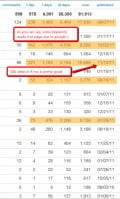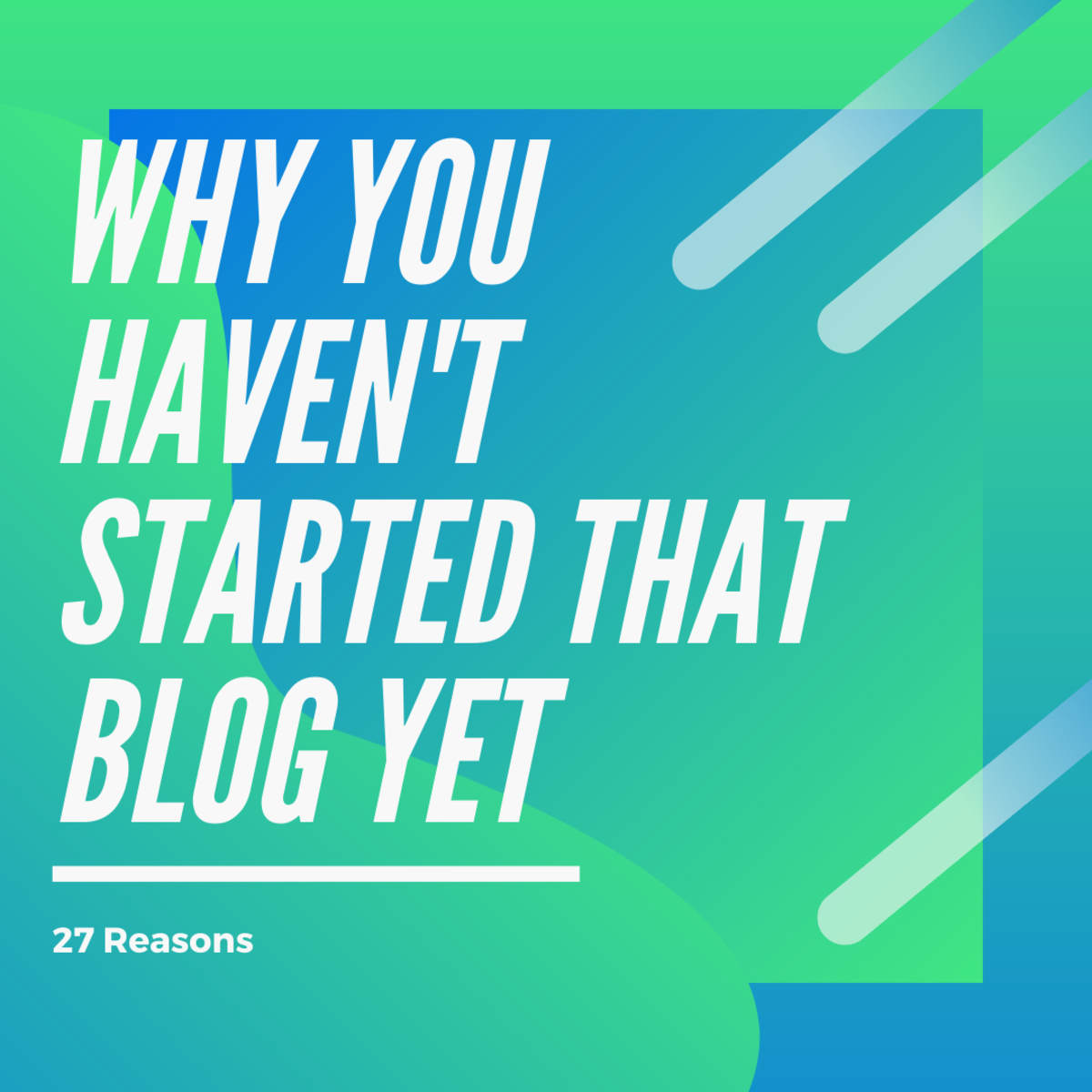- HubPages»
- Business and Employment»
- E-Commerce & How to Make Money Online»
- Search Engine Optimization
How To Check If A Keyword or Keyphrase Has High Competition

If there are hundreds of other websites, who are both older and better established than yours, chances you'll never rank higher in Google than they do for a keyword.
It's pointless writing in a topic which everyone else is writing about!
Here's a guide to scoping out the competing sites for a keyword so you know if you can beat them for their own keyword.
I'm sharing some of my secrets to choosing topics too, so pay close attention!
So, Should You Do Keyword Research? My Secret.
I don't do keyword research using the Google keyword tool or any of those fancy SEO tools, ever!
And last time I checked, I was averaging between 10,000 and 15,000 views a day across all my online content.
My method of finding topics that will get good ongoing traffic? It has four parts. Here they are:
- I USE Google Suggest to find topics which people are Googling OR I write about any topic I'm searching for myself and can't find the answer to on Google. I look at the first ten results on Google (using the method at the bottom of this article) to find out if I can rank well.
- I USE keyword friendly titles. Titles are 90% of your SEO. And you don't need to use special keywords, you just need to use as many relevant words as you can, that people will be Googling in connection with your topic, while avoiding non-relevant words or looking spammy.
BAD TITLE: Best Potato Bake
GOOD TITLE: Vegetarian Paleo Four Ingredient Potato Bake Recipe - I GO Niche. Don't use broad topics, go with specifics.
BROAD: What Allergies Do Tomatoes Cause?
NICHE: Sinus Allergies Caused by Tomato & The Deadly Nightshade Family - I USE retroactive SEO. What's that? Basically I follow the first two steps outlined above, then I publish. After a few months I check what keywords people are using to find my content then either update my title to include those words or write a whole new post on the topic, because it usually means that no one else is answering whatever question they're Googling!
EXAMPLE: I wrote a hub once on how to play Farmville on Facebook. I got tons of people searching for how to DELETE Farmville! So I wrote a hub on that and it got far more traffic than the first one.
To analyse the competition for a keyword or Google suggest topic, you need to look closely at the first ten results that Google gives you. Results often change based on your search history, so it's a good idea to use Google Chrome Incognito or clear your browsing history and cache before searching, to get more accurate results.
- Exact Match. Do the competing search results match your keyword exactly? For instance if your keyword is "Red Striped Hats" and the top results have titles such as "Blue Striped Hats" or "Red Spotted Hats", those websites are not optimised for that keyword and should be easier to beat.
- Type of Page. Different types of websites have different degrees of quality in search engines. If the keywords are merely mentioned in a Yahoo Answers question, Wiki Answers or in a forum post, then they'll be easier to outrank. Google has more respect for sites with authority, which means sites which are related to one major topic and written with relevant information instead of just a few spammy sentences or a few lines in a forum. So real articles, vs a few lines!
- Location of Keyword. Is the keyword mentioned randomly, just once in title or text? Is it in every second sentence? Google doesn't like pages which don't properly optimise for the keyword OR repeat the keyword too much (keyword stuffing.)
- Content Quality. When visiting the competitor's page, how many words are on the page? Google prefers 500-1,000 words minimum. Is it full of adverts? Google does not like a lot of adverts, especially in the very top of the page. Does it appear low quality and unmaintained? If you answered yes to any or all of these, chances are it should be easy to outrank in Google.








